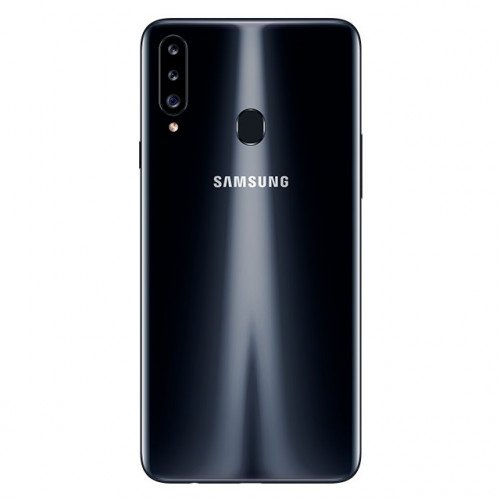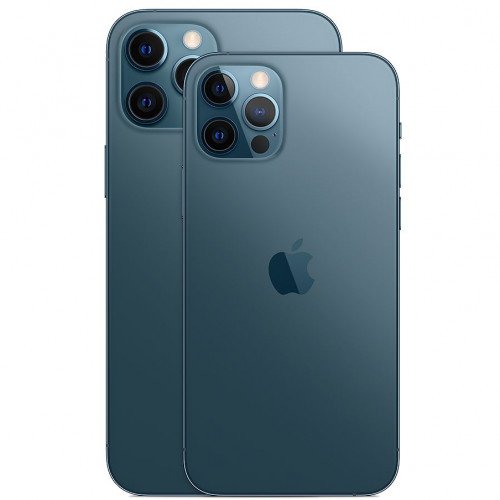Samsung VS iPhone

Samsung
The Samsung Group (Korean: 삼성) is a South Korean multinational conglomerate headquartered in Samsung Town, Seoul. It comprises numerous affiliated businesses, most of them united under the Samsung brand, and is the largest South Korean chaebol (business conglomerate). Samsung was founded by Lee Byung-chul in 1938 as a trading company. Over the next three decades, the group diversified into areas including food processing, textiles, insurance, securities, and retail. Samsung entered the electronics industry in the late 1960s and the construction and shipbuilding industries in the mid-1970s; these areas would drive its subsequent growth. Following Lee's death in 1987, Samsung was separated into five business groups – Samsung Group, Shinsegae Group, CJ Group and Hansol Group, and Joongang Group. Since 1990, Samsung has increasingly globalised its activities and electronics; in particular, its mobile phones and semiconductors have become its most important source of income. As of 2020, Samsung has the 8th highest global brand value.Notable Samsung industrial affiliates include Samsung Electronics (the world's largest information technology company, consumer electronics maker and chipmaker measured by 2017 revenues), Samsung Heavy Industries (the world's 2nd largest shipbuilder measured by 2010 revenues), and Samsung Engineering and Samsung C&T Corporation (respectively the world's 13th and 36th largest construction companies). Other notable subsidiaries include Samsung Life Insurance (the world's 14th largest life insurance company), Samsung Everland (operator of Everland Resort, the oldest theme park in South Korea) and Cheil Worldwide (the world's 15th largest advertising agency, as measured by 2012 revenues).Samsung has a powerful influence on South Korea's economic development, politics, media and culture and has been a major driving force behind the "Miracle on the Han River". Its affiliate companies produce around a fifth of South Korea's total exports. Samsung's revenue was equal to 17% of South Korea's $1,082 billion GDP.
Statistics for this Xoptio

iPhone
The iPhone is a line of smartphones designed and marketed by Apple Inc. that use Apple's iOS mobile operating system. The first-generation iPhone was announced by former Apple CEO Steve Jobs on January 9, 2007. Since then Apple has annually released new iPhone models and iOS updates. As of November 1, 2018, more than 2.2 billion iPhones had been sold. The iPhone has a user interface built around a multi-touch screen. It connects to cellular networks or Wi-Fi, and can make calls, browse the web, take pictures, play music and send and receive emails and text messages. Since the iPhone's launch further features have been added, including larger screen sizes, shooting video, waterproofing, the ability to install third-party mobile apps through an app store, and many accessibility features. Up to 2017, iPhones used a layout with a single button on the front panel that returns the user to the home screen. Since 2017, more expensive iPhone models have switched to a nearly bezel-less front screen design with app switching activated by gesture recognition. The first-generation iPhone was described as "revolutionary" and a "game-changer" for the mobile phone industry and subsequent models have also garnered praise. The iPhone has been credited with popularizing the smartphone and slate form factor, and with creating a large market for smartphone apps, or "app economy". As of January 2017, Apple's App Store contained more than 2.2 million applications for the iPhone. The iPhone is one of the two largest smartphone platforms in the world alongside Android, forming a large part of the luxury market. The iPhone has generated large profits for Apple, making it one of the world's most valuable publicly traded companies.